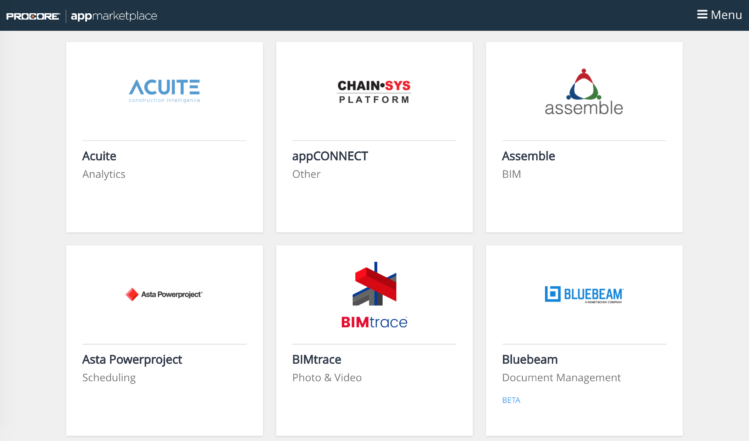
Two Bay Area entrepreneurs have rolled out Net30, a cloud-based invoicing and payment platform for general contractors. Subcontractors log in to its self-service invoicing portal, letting them see their contracts and change orders, upload all required documents and sign conditional waivers.
“A lot of subcontractors are still sending paper invoices by mail,” says Casey Bell, who with partner Anthony Cirinelli launched the application this year. “Net30 provides everything to make on-line invoicing easy and accurate, so subs get paid on time. “
They’re now in a testing phase with a midsize general contractor that’s been using the program since April. Early adopters also include a couple of other general contractors working on small-to-midsize projects. It’s a soft rollout that welcomes new customers.
With Net30, subcontractors can sign documents electronically — including the lien or conditional waivers typically required with invoices.

“What we want to do is provide more transparency for the construction process,” says Bell. “If a document is missing the parties can see it right away. It’s a collaborative platform around payment.”
Bell combines programming experience with deep knowledge of how a construction company’s back office works. An economics major at the University of California, he interned at construction companies during summers and decided to make a career in the business. He later earned a Master in construction management at Cal State.
Bell managed construction jobs in hospitals and offices for a flooring contractor. Then he moved to the general contractor side of the business and went to work for Turner Construction. According to Bell, the switch helped him better understand both sides of the payment equation.
Net30 helps general contractors keep track of subcontractor invoices. While with Turner, Bell spent his free time developing technology for problems he experienced there, including trouble with subs. He took classes and learned to code, then developed an app for subcontractors to calculate work on time and material.
“I saw the proliferation of fintech applications for personal life. I’d go out to lunch with friends and pay using Venmo (the payment sharing application now owned by Paypal), then we’d go back to the office and it was like back to the dark ages,” Bell says with a laugh.
During this time he met Cirinelli, who was working for South Bay Construction and building solution applications there. In early 2015 they decided to work on a project management application, but they found themselves in a crowded field of people working on those solutions. They wanted to commit themselves to something that would have a large impact in the industry.
When he saw the subcontractor he had worked for go out of business, he was reminded of the industry’s problems with payment. He knew one reason why their business failed was because of delayed payments on projects, which led to deteriorating credit with materials suppliers.
“I was constantly getting calls from subs wanting payments, and realized that few [startups] were focusing on payment problems,” he says. “You know, cash flow is the lifeblood of this industry.”

Net30 is now focusing on the product roadmap, looking toward integrating the platform with other accounting and project management systems, to increase adoption and ensure its smooth interface with job costing and accounting processes. Bell thinks this will be their biggest challenge.
Meanwhile, they’ve received early stage funding through Y Combinator, the venture investment group in Mountain View, CA, and spent last summer to build the product.
Looking at the big picture for AEC, Bell sees a couple of trends he wants to address with Net30. A big one is labor shortage. With overworked employees and many construction companies finding it difficult to find new talent, the platform needs to help companies do more with less.

Bell also wants to continue to push toward greater interoperability with open APIs to connect with other systems. A company he admires is Procore, the project management software company, for its collaborative app marketplace.
The bottom line, he says, is that it’s about efficiency, lowering the cost of construction, and passing these savings on to contractors.
Bell notes that the adage of famed investor Marc Andreessen, who sits on the boards of Facebook, eBay, and others, that “software is eating the world,” hasn’t quite made it into the construction sector yet. But he thinks that he’s well placed to push the sector forward. The fact that we’re seeing more people like him, with combined experience in the industry and programming acumen, instills Bell’s confidence.
“It’s such a unique industry,” he says. “Having engineers coming out of Google and trying to work on our problems would have been more difficult.”

Discussion
Be the first to leave a comment.
You must be a member of the BuiltWorlds community to join the discussion.